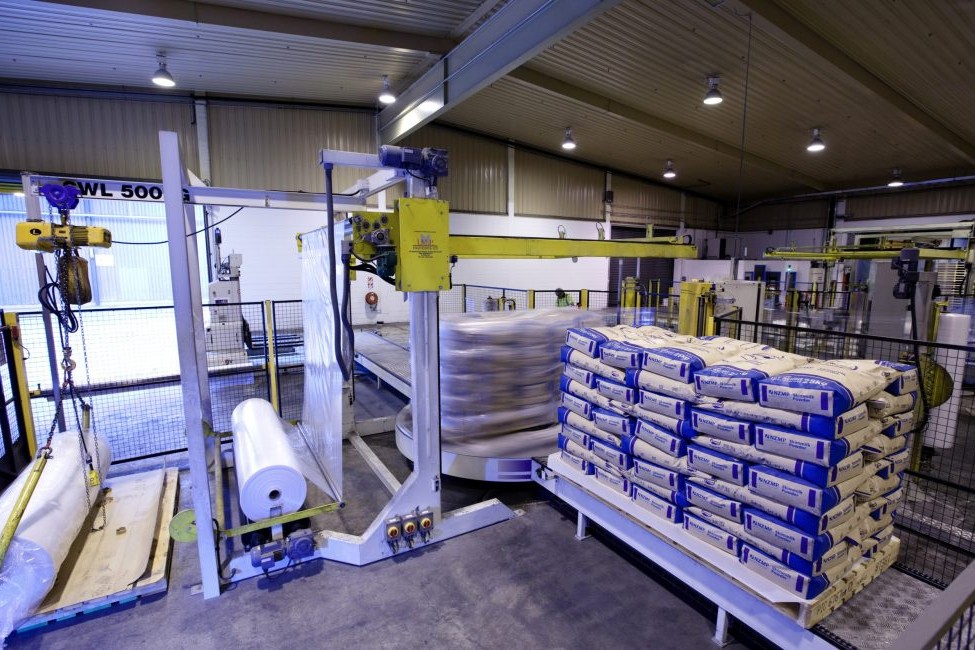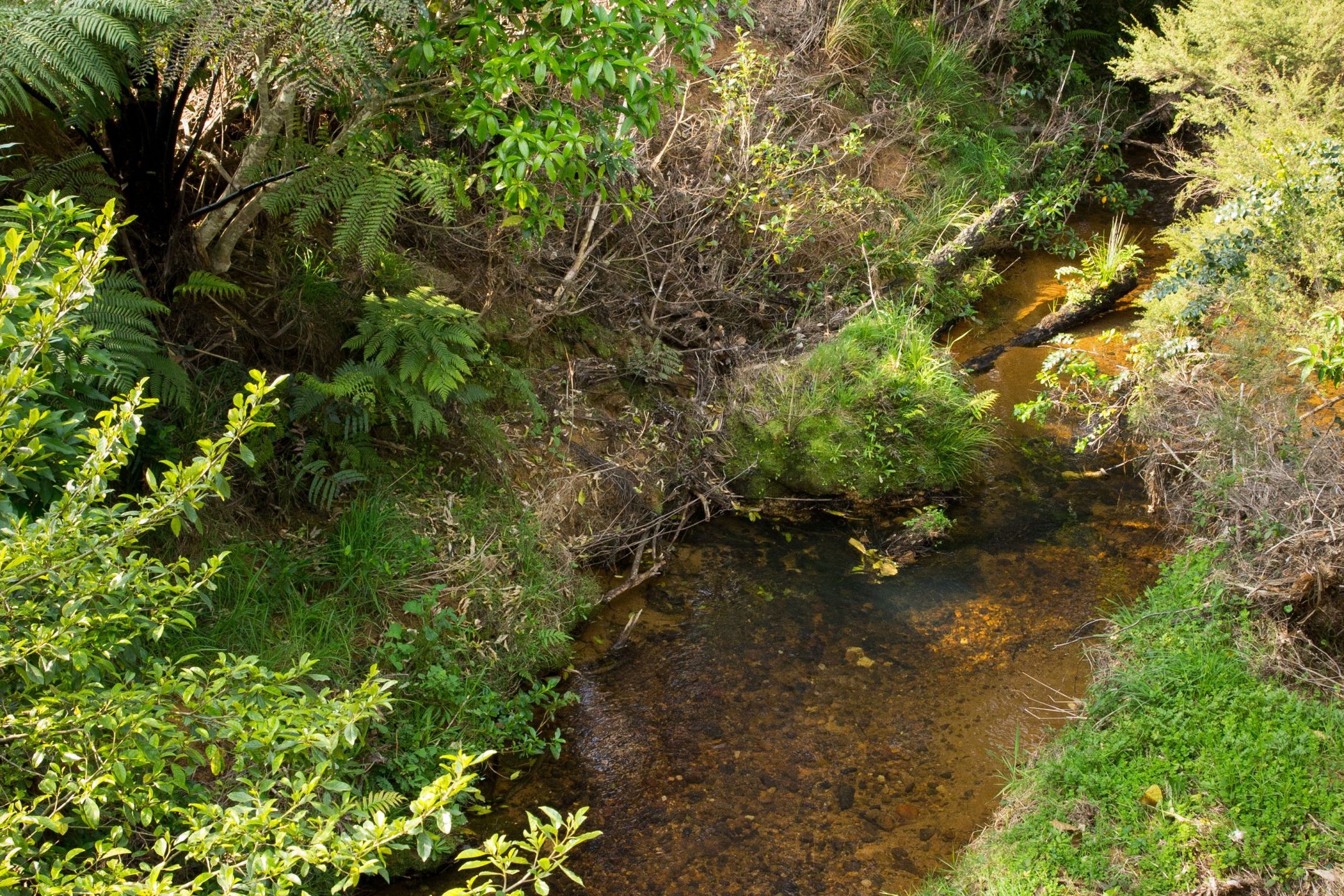So, you’ve taken on a contract milking role for the first time, or your parents are making you step up and take over the farm.
You have hired an accountant, lawyer and banker but there is one other person crucial to your team – a farm adviser.
Why? Because you don’t know everything. Even if you have been managing a farm for years, there are always new products on the market, new practices and new ways of doing it better.
If you have the best dairying business, you can always make it better.
A farm adviser is the person who will help you prioritise your business goals and keep you on track achieving them.
They are the person you can bounce ideas off, who will give you honest feedback, and provide impact assessments on different management options.
They are the person who will keep you accountable and honest to yourself.
They will not be a “yes” person. Be prepared for them to play devil’s advocate. They want to make you think about all of the options, not just the easy ones or the ones you think are best.
They will deconstruct your business and realise opportunities you have not considered.
And they will be asking what happens if the payout drops, your second in charge (2IC) leaves or it doesn’t rain for a month?
Risk management is their strength.
Don’t dismiss the office jockey
Farmers are by nature inquisitive, scientists at heart, and there will be some things you know more about than your farm adviser.
They sit in an office. You do the real thing. But while you’re putting cups on, mowing paddocks or replacing a fence line, they’re reading up on latest technologies, new farming trends and discovering innovative options to deal with ongoing compliance requirements to future proof your business.
How do you go about finding one? The best way is by word of mouth. Find out who your neighbours use and figure out whether they are a good fit for your business.
Of course, in this online world, your farm adviser could be in a different region but it’s important they understand your farm business and future goals to ensure they can add value.
Check their skill set. Today, farm advisers are there for everything from feed budgets to governance, staff issues to effluent, problem solving to health and safety.
Don’t expect them to know everything but if they don’t know something, they should be able to find the expertise suitable for your situation.
They will know what other farmers are going through, what they’ve tried and the impact new innovations will have on your bottom line.
Farmers like to share knowledge and one way that knowledge gets shared around a community is through the farm adviser.
However, your business details will always be kept confidential. Just like an accountant or a lawyer – it’s what they do.
Independent advice
Remember when fodder beet became a mainstream winter crop? Farm advisers were there to discuss with their clients how it would benefit their system and how to minimise risk when incorporating it into their business.
Sure, the seed companies were also giving out that information but independent advice is what farmers need so they have the confidence to make the best decisions.
Farm advisers keep up with the play, have their own channels of information and are always looking at new ways their clients can benefit from new technology, new thinking and the ever-changing world of regional council and government regulations.
They visit quarterly or up to once every month, depending on what you want, but should always be there for a quick phone call or email.
Some visits will be onfarm and some will be online, depending on the situation.
Never discount a real visit – a farm adviser will be looking at not just what you are showing them and wanting to talk about but everything about your operation.
With fresh eyes, they will pick up on things you’ve been missing.
While you’re concentrating on that new gadget you’ve just bought, they’ll be observing the fundamentals of the business, the key focus, and looking for opportunities of continuous improvement.
They want to be on the same journey you want to be on – continuous improvement in everything you do.
Farm advisers will work for contract milkers, share milkers, equity managers, owner operators and farm owners.
The farm adviser will generally be employed by one party which avoids any conflict of interest when providing feedback on contentious issues.
However, their focus should be to provide outcomes in the best interest of the farming business.
For those just starting out, farm advisers are essential. Budgets can be made to look rosier than they appear and there are many fish hooks in contracts and hidden costs.
Moving to a new area means a farm adviser is also a must.
They will have inside knowledge on individual farms and understand the risks that are there which could prevent you meeting performance targets.
That first year is always a challenge getting used to the weather, growing conditions and even finding staff. When changing systems or considering building infrastructure such as feed pads or even wintering barns, your farm adviser will crunch the numbers financially, physically and environmentally.
Whatever a farm adviser does for you, they should always add value to your business, not take it away with their bill.
They should challenge you and make you a better farmer and a better business person.
So wherever you are in your career, a farm adviser is a must.
Dairying is a complex business and you need a farm consultant who will work with you to help develop a sustainable business that can withstand the future pressures of farming.





